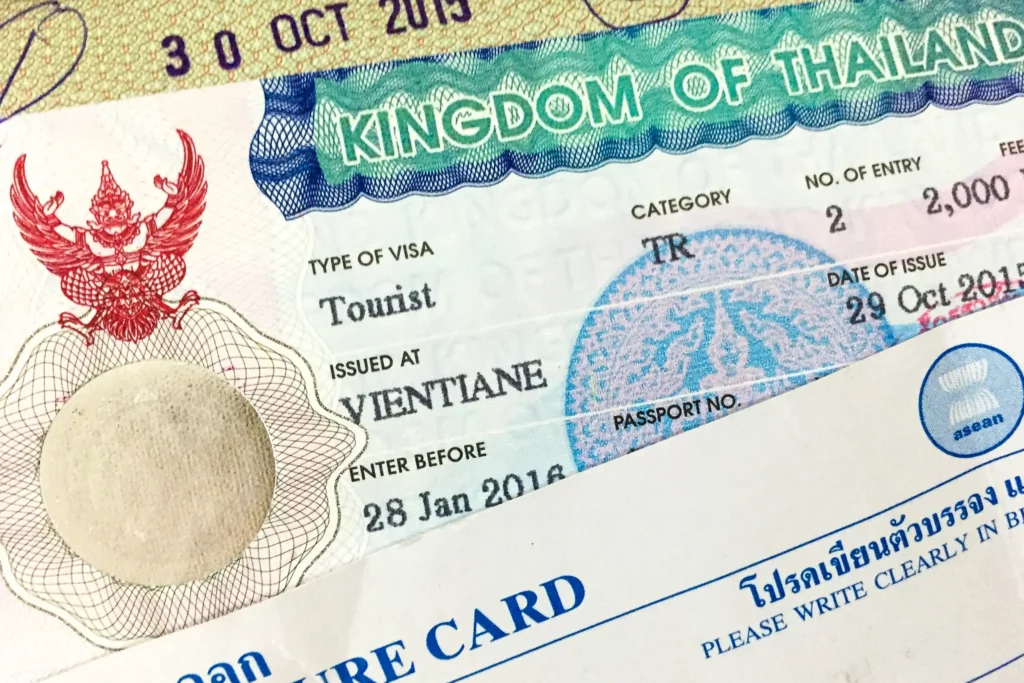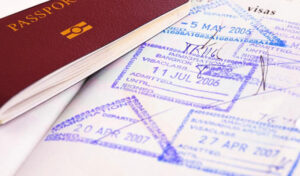A Thai business visa, commonly known as a “Non-Immigrant B Visa,” is essential for foreigners engaging in business activities, employment, or investment in Thailand. Here’s a detailed look at its types, requirements, and processes.
1. Types of Business Visas
- Single-Entry Business Visa:
Valid for 90 days, typically for short-term business trips or initial employment setup. - Multiple-Entry Business Visa:
Valid for one year, allows multiple 90-day entries. Ideal for frequent business travelers.
2. Eligibility and Requirements
For Employment:
- Valid employment contract with a Thai company.
- Approval from the Ministry of Labor (pre-work permit application).
For Business Operations/Investments:
- Documentation of the company’s registration in Thailand.
- Financial statements and investment plans.
General Requirements:
- Valid passport with at least six months remaining.
- Completed visa application form.
- Passport-sized photos.
- Proof of funds (bank statements).
3. Application Process
- Submit at Thai Embassy/Consulate:
Apply in your home country or a neighboring country. For employment, the sponsoring company often assists. - Obtain a Work Permit (for employment):
After entering Thailand, apply at the Department of Employment. This permit is essential for legal employment. - Extension and Renewal:
Business visas can be extended for up to one year at the local immigration office. Requires proof of ongoing business activity or employment.
4. Compliance and Reporting
- 90-Day Reporting:
All foreigners with long-term visas must report their address to the immigration office every 90 days. - Re-entry Permits:
Obtain a re-entry permit if you plan to leave and return during the visa period to avoid cancellation.
Conclusion
A Thai business visa provides essential access for professionals and investors. Proper documentation, timely reporting, and legal compliance are crucial for a seamless business experience in Thailand.










